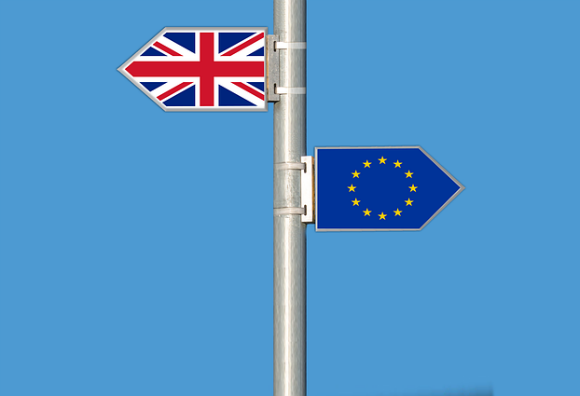74% of students want another say on Brexit
- Emma Finamore
- 18 Feb 2019
There's also been a 37% rise in social and political activism among 16-24-year-olds.

We’ve heard it all before – The youth of today are more interested in selfies than politics or more engaged in social media than social awareness. In the past, the poor turnout of young people at the polls resulted in endless complaints and debates over millennials’ ‘lack of interest’ or ‘apathy’ towards politics, but change is here.
Fresh Student Living have looked at how millennials are becoming more socially aware and how they can make a difference with the decisions that could affect their lives.
According to findings, the 2016 EU referendum saw 64% of young people aged 18-24 turn out to vote, which was the highest percentage since the 1992 general election. Why? Because more young people are interested in decisions that affect their lives. This means that students are not indifferent to politics, they just don’t participate in traditional politics where they feel like their voice is not heard.
Young people are becoming more socially aware
According to research, millennials are more inclined to volunteer and have grown more socially and politically conscious since 2016. This research suggests that the Brexit vote has driven this increase in awareness. The research, which included a poll of 1,002 people, showed that:
-
30% of people are more active in a social or political cause since the beginning of 2016 with a 37% rise among the 16-24 age bracket.
-
Nine million young people are more inclined to volunteer.
-
One in three people agree that charities are the best organisations to provide effective support during the process of Brexit, while 40% say charities can help heal social divides.
According to findings, the 2016 EU referendum saw 64% of young people aged 18-24 turn out to vote, which was the highest percentage since the 1992 general election. Why? Because more young people are interested in decisions that affect their lives. This means that students are not indifferent to politics, they just don’t participate in traditional politics where they feel like their voice is not heard.
Young people are concerned
According to a poll of voters aged 18 to 24, young people are most concerned about these political issues:
- Living costs
- Affordable housing
- Unemployment rates
- The future of NHS
- The gap between rich and poor
- University tuition fees
- The state of UK public finances
- Care for the elderly
- Crime and antisocial behaviour
- Welfare and benefits
The youth vote?
After 1992, the youth vote dramatically declined with just 58% of young people voting in 1997, 49.4% in 2001 and 44.3% in 2005. But 2017 saw a sudden surge of young voters heading to the voting stations, with Jeremy Corbyn often heralded as the reason for this.
When asked why they voted for Corbyn, many young people stated that he is a man with principle, which has been highlighted by his vocal opposition to the Iraq war. Additionally, many feel that the party’s ‘youth specific’ policies and use of social media were key reasons for the younger vote.
But despite Corbyn’s popularity among young voters, the real reason is that young people were compelled by the Labour party’s commitment to the NHS, welfare, education and a softer Brexit. What’s more, a poll found that health was the most important local concern among young voters at 21%, while national issues like Brexit followed at 16%.
That said, despite an increased turnout at the general election, young people are still not getting engaged in local council elections, with the Electoral Commission saying there is a ‘stark difference’ in how informed people felt at the local elections versus the general elections.
Change can start at uni
The best way to learn about politics and the stuff that affects your future is to get involved. While it is relatively easy to go through university completely oblivious to politics, the truth is that the decisions made by the country’s politicians will directly affect students who are trying to make a living after graduating.
Uni is actually a great place to start speaking up for what you believe in, with student unions and public debates being the perfect platform to get involved and have your opinions heard. What’s more, with Fresh Student Living accommodation, you are never too far from where these types of events are taking place, making it easy and convenient to get involved. Students don’t have to be aspiring politicians to get involved either, and you could leave having learnt a lot.
News
- Businesses need more Apprentices and these Events will show them why
- Another law firm has announced it is launching a legal apprenticeship
- More than 700 Employers to Design New Apprenticeships
- The five people you’ll find in every office, guaranteed
- New app will encourage students to vote
- School leaver blog: your weekly round-up of news and advice
- National Careers Week: working hours & salary are priorities
- Charity calls for education shake-up to respond to the digital revolution
- Fake apprenticeships: government crackdown begins
- What’s in the Green Party Manifesto for School Leavers?